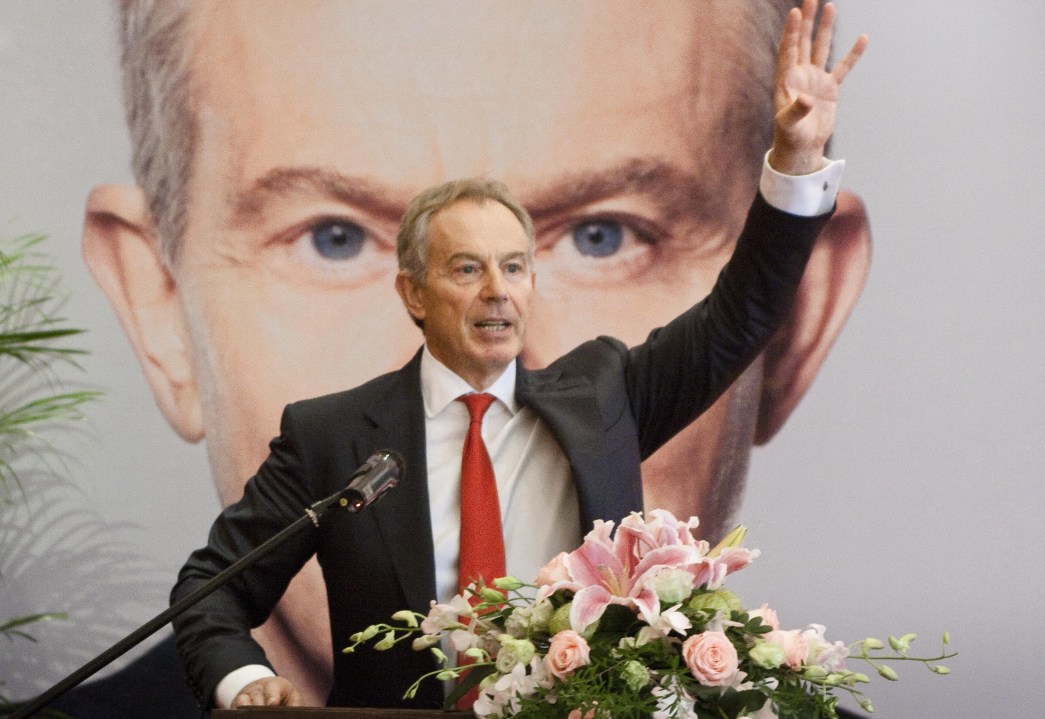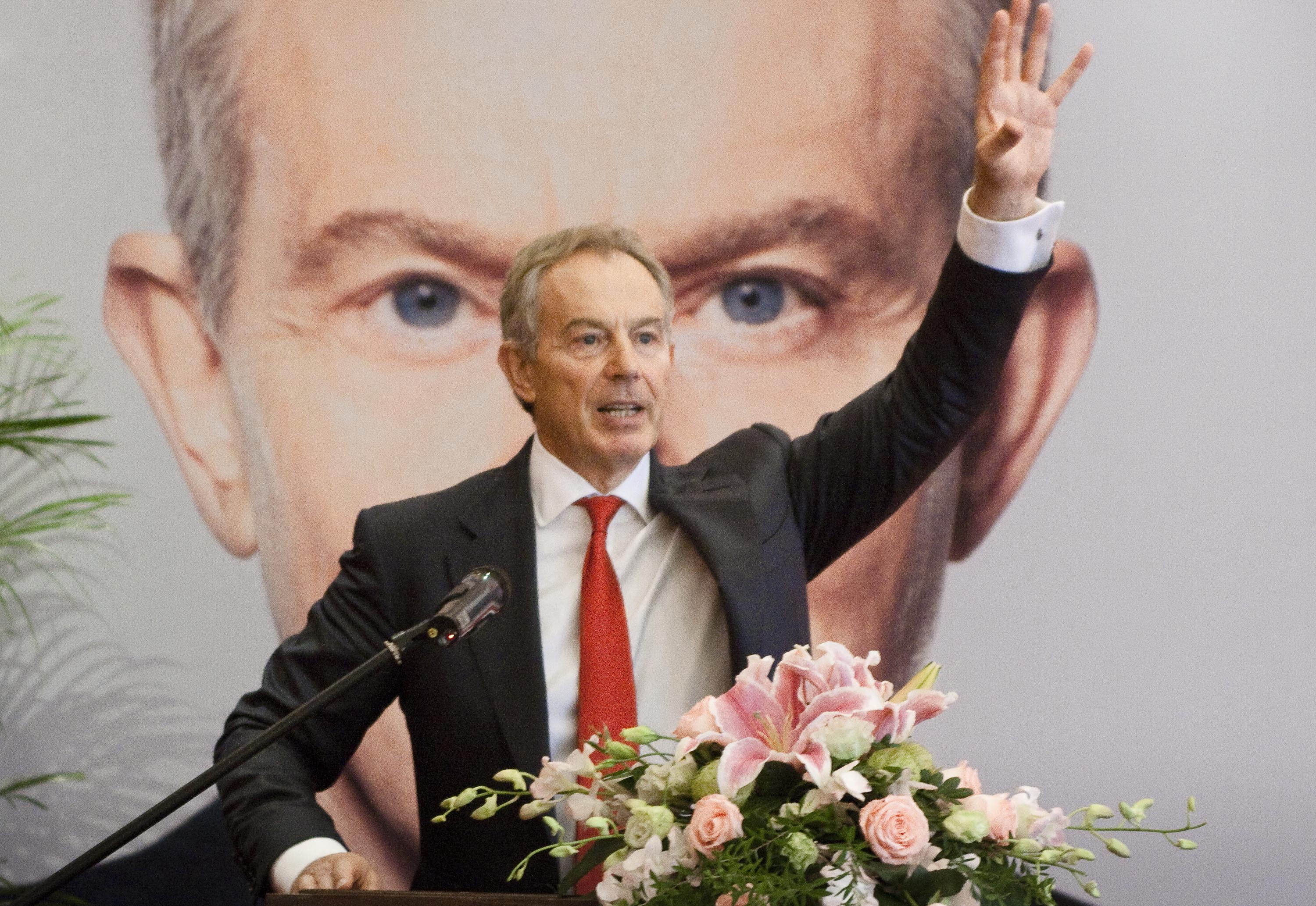 Andy Coulson was right to worry about the coalition’s law and order policies:
Labour is trying to outflank the government from the right. Sadiq Khan and Yvette Cooper have cut assured figures at fringe events at this year’s conference, sensing that the
government’s cuts to the law and order budget will imperil one of Labour’s positive legacies: substantially reducing reported crime (by 43 per cent according to Sadiq Khan) between 1997
and 2010.
Andy Coulson was right to worry about the coalition’s law and order policies:
Labour is trying to outflank the government from the right. Sadiq Khan and Yvette Cooper have cut assured figures at fringe events at this year’s conference, sensing that the
government’s cuts to the law and order budget will imperil one of Labour’s positive legacies: substantially reducing reported crime (by 43 per cent according to Sadiq Khan) between 1997
and 2010.
A strange atmosphere pervades the law and order fringe: the name ‘Tony Blair’ is spoken of with something approaching respect and it is met with scattered applause. Blair’s memory is profane to this incarnation of the Labour Party, a grinning devil to be exorcised. But the record of his crime policy speaks for itself and his mantra ‘tough on crime, tough on the causes of crime’ remains extant.
Yvette Cooper spoke at a New Statesman fringe event last night, previewing the speech she will give tomorrow. “We are still the party of law and order,” she declared. She is sure that cutting police numbers is sufficiently unpopular to harm the coalition, and she predicts that crime and, more importantly, the perceptions of crime will rise in consequence.
Cooper has acquired some of her husband’s dirty habits: she weaved some mischief by saying that “there’s something about the government’s attitude to the police which makes police officers tell me that David Cameron doesn’t like them.” Government types often talk of the police being “the last great unreformed public service”, which has inspired the introduction of elected police commissioners to improve accountability and moves to improve police efficiency. Cooper recognises the need to reform, mainly to guard against corruption; but at no point did she refer to police efficiency. Indeed, in the questions that followed, the audience neglected to ask how Labour might increase the number of hours policemen spend on the street. The debate was a perfect crystallisation of the fundamental difference between right and left on public service reform at present: the left’s arguments are dominated by inputs, the right’s by outputs.
Sadiq Khan’s justice policy is much more nebulous at present; but the indications are that he will toughen Labour’s stance. Speaking at an event earlier this morning, he disclosed his support for a restorative justice programme, which Ken Clarke has largely discounted, and he was clear that Labour would use bolstered community sentences instead of cautions for minor offences. The combination of these policies would ensure that retribution was meted out and reformation offered.
Khan acknowledges that one of Labour’s greatest failing in office was to allow re-offending rates to soar to more than 80 per cent. A major aim of his forthcoming sentence review is to reduce reoffending by removing first time offenders from prison, where they are at risk of nefarious influences, while continuing to deliver appropriate punishment in order to satisfy the victims and restore confidence in the justice system. Beyond that, Khan concedes that the challenge is to support offenders by improving literacy, numeracy and interpersonal skills in an era of austerity. Khan’s ideas are vague at present, but his insistence that prisoners work suggests his desired route. Despite the leadership’s professions that Labour will work with Ken Clarke in this area, Khan was adamant that Clarke’s “cost-cutting solutions” are doomed to fail.







Comments